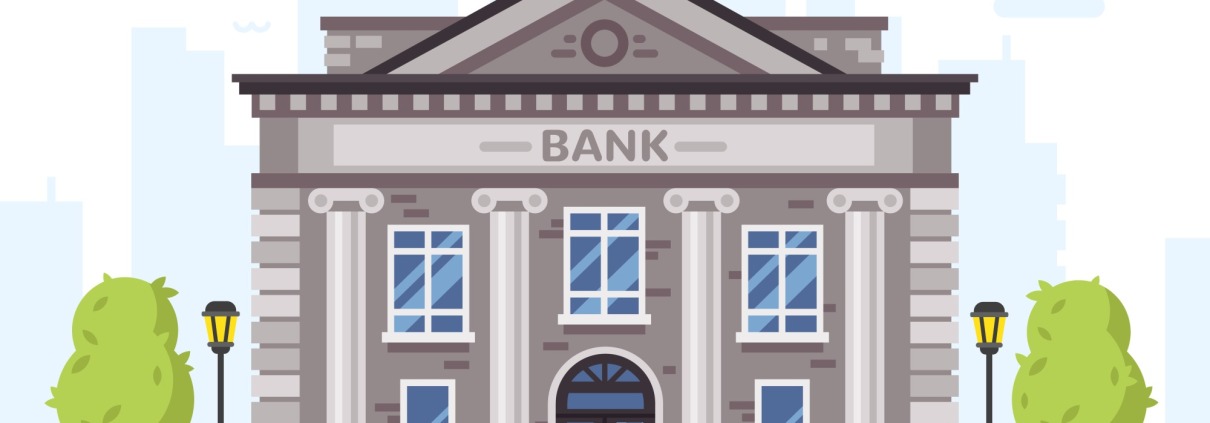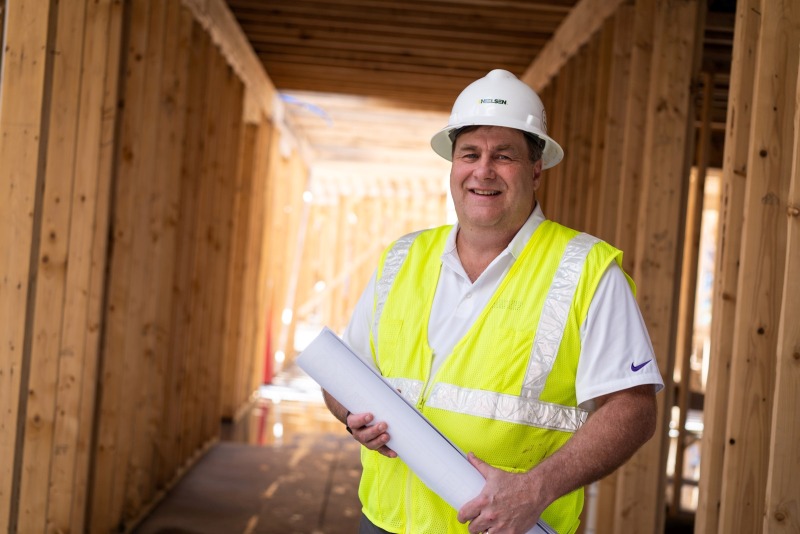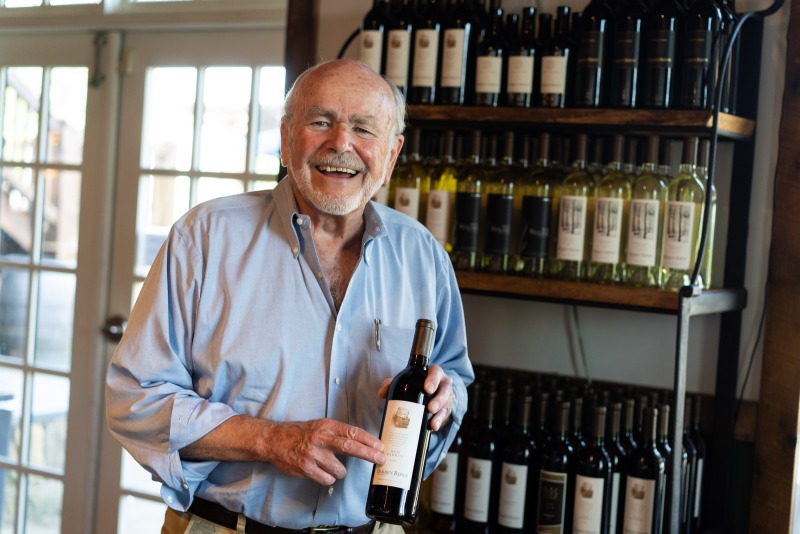Why Choose A Brick-And-Mortar Bank in Virginia?
Are you looking for a new bank? Still trying to decide if it’s time to make a switch? There are a variety of options out there, including online-only and brick-and-mortar banks. Admittedly, we’re a bit biased, having served the Shenandoah Valley with brick-and-mortar bank offices since 1908. In this article, we’ll explain what a brick-and-mortar bank is, what an online bank is, and what the primary differences between them are. Keep reading to decide between online banks vs. brick and mortar.
What is Considered A Brick-And-Mortar Bank?
When we say brick-and-mortar bank, we mean the physical branch you probably think of when you hear “bank.” You can drive to a brick-and-mortar bank, come inside for lobby service, or use the drive-thru, all with friendly human employees to help with whatever you need.
Brick-and-mortar financial institutions come in all shapes and sizes such as community banks and credit unions, or larger regional and national banks. While they offer online and mobile banking services, brick-and-mortar banks are distinguished by their branch networks. Customers of these financial institutions can bank however they like–digitally, on the go, or in person with the tellers and loan officers at their nearest branch.

What Is Considered An Online Bank?
With “Internet banks,” there are no branches to visit because they operate exclusively online. Since they don’t have overhead costs associated with operating branches, online banks may offer lower-cost or free banking, plus higher-than-average interest rates. However, they usually have a more limited menu of bank accounts, loans, and services. And, if you need help, you
won’t be able to meet with a human employee in person. Instead, customer service is handled by phone, email or chat, and banking is done through a website or usually an app
Benefits of a Traditional Bank
Why choose a traditional, brick-and-mortar bank over an online-only financial institution? Here are the top benefits of traditional banking:
● Invested in your community because we are part of the local economy.
● The more successful our personal and business customers are, the more successful our bank is.
● Get to know the bankers and tellers at your local branch. We know your face and your name and can sit down with you for in-person assistance anytime you need it.
● Some banking services–such as cashier’s checks, money orders, notary services, and safe deposit boxes–are only available at a brick-and-mortar branch.
● It’s easy to deposit funds in whatever way is easiest for you–mobile check deposit or cash or check deposit at the branch, drive-thru, or ATM.
● Enjoy access to a large ATM network you can make fee-free withdrawals from.
● Choose from the widest variety of personal and business bank accounts, loans, and services.

Upsides of an Online Bank
Are traditional and online banks really that different? Let’s compare benefits:
● Generally charge lower or no fees for products and services.
● Many traditional banks now offer fee-free services and products, such as free checking.
● Online banking can save you time and trips to the bank.
● Most brick-and-mortar banks offer online and mobile banking apps with all of the latest features, letting you combine the benefits of both in-person and digital banking.
● Because they don’t have to pay the overhead of physical branches, online banks can offer higher interest rates for some accounts.
Downsides of an Online Bank
Are the perks of an online-only bank worth the potential downsides? We’ll let you decide…
● No physical branches to visit if you want to take out or deposit cash or get in-person help.
● Customer service is only online or over the phone, which can be frustrating at times.
● Unless the bank is connected to an ATM network that accepts cash–and you’ll usually have to go out of your way to access this ATM–you cannot make cash deposits.
● Transactions, such as deposits, may take longer to clear with an online bank.
● No extra services like document notarization, safe deposit boxes, or financial advisors.
● Must be comfortable with using the Internet and/or a mobile app. With online banking, all tasks are done online and require an app and Internet connection.
● Not connected to your local community, or to any community really.

About F&M Bank
Founded in 1908 to serve farmers and merchants in Western Virginia, F&M Bank is headquartered in the Shenandoah Valley, with a network that spans the I-81/I-64 corridor from Winchester to Waynesboro and beyond. We are committed to the success of the ag industry, small businesses, and the non-profit sector. Visit us at your nearest branch location, make an appointment with a banker, check out our digital banking options, or send us a chat message within the F&M mobile banking app.




